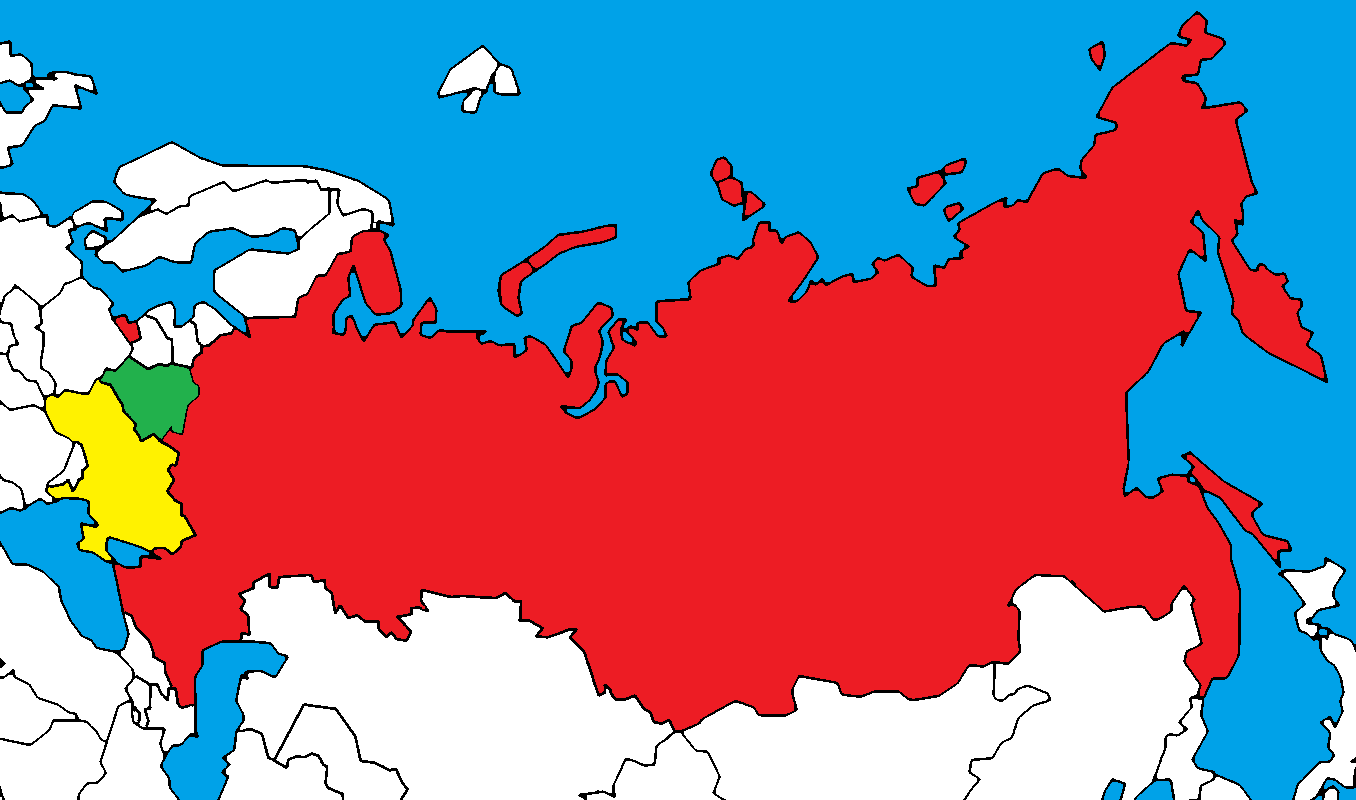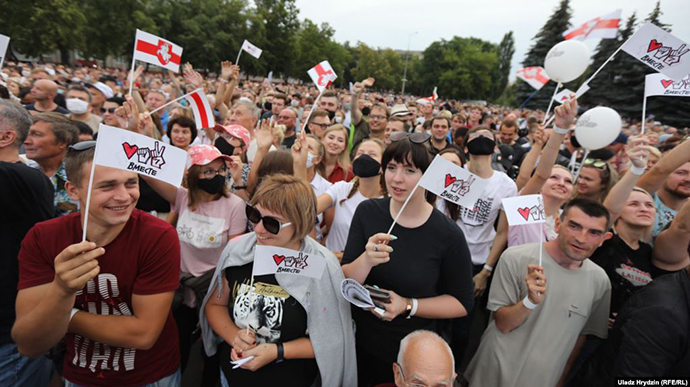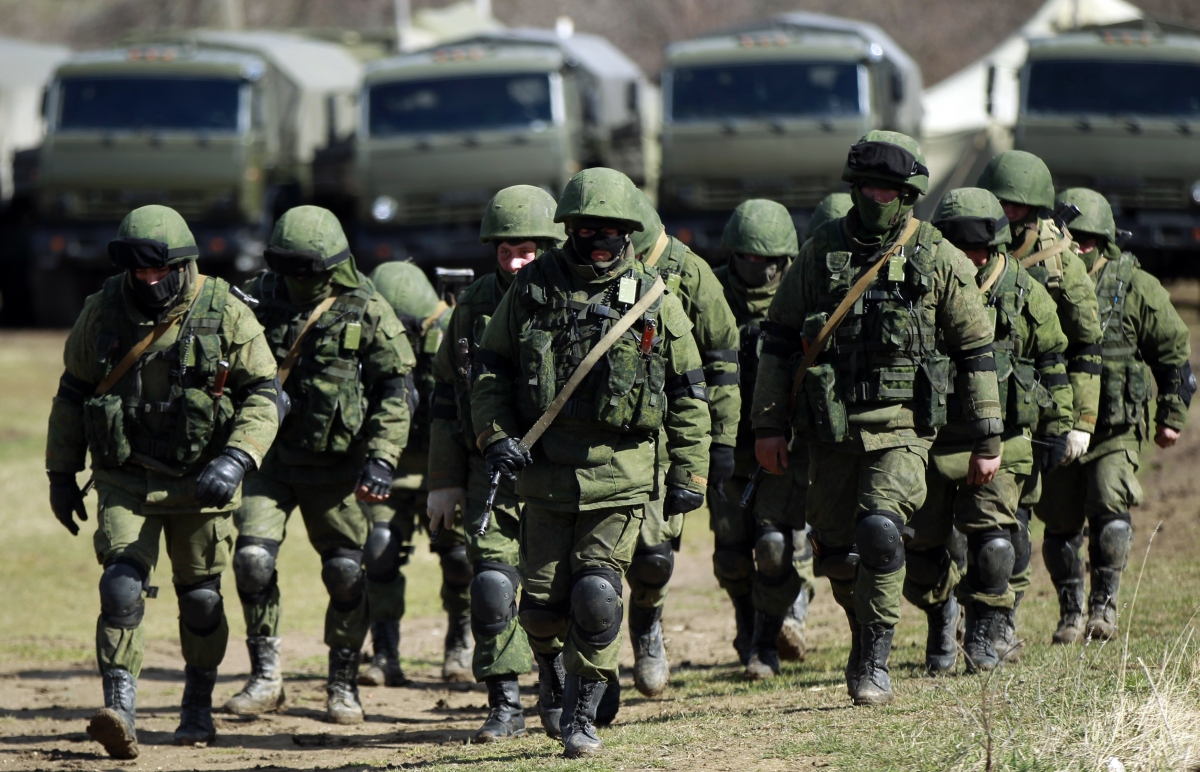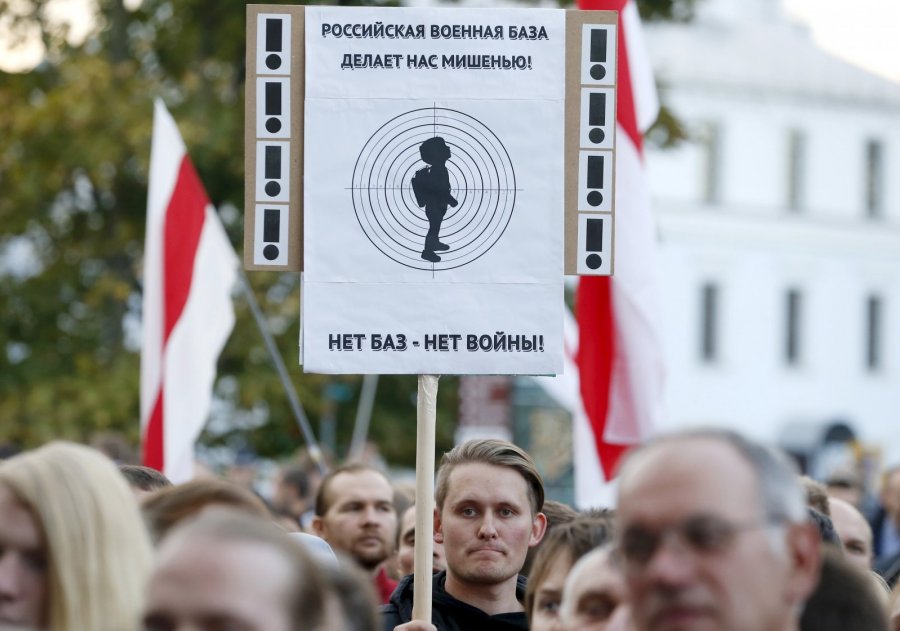Many are worried that Vladimir Putin’s new man in Minsk, Mikhail Babich, the new Russian ambassador and special representative of the Russian President, will oversee the ouster of Alyaksandr Lukashenka and the annexation of Belarus by Russia, Andrey Yegorov says.
But there are compelling reasons to think that Babich will not achieve either of those goals and even that Putin is not at present interested in them. To that extent, Babich’s posting in Belarus may become the first job at which he has clearly failed to achieve what was expected, according to the head of the Minsk Center for European Transformation.
He tells the ThinkTanks.by portal that it is clear that with Babich, Putin wants to “lower the rank of Lykashenka to the leader of a region and change the current format of Russian-Belarusian relations to one in which not all issues must be resolved by a meeting of the two presidents.
Put in simplest terms, Yegorov continues,
The reason for that, the Belarusian political scientist says, is that “Belarus is not too profitable and Russia doesn’t need yet another region it would have to substitute.” At the very least, “Russia is not prepared now to pay for the deep integration of Belarus.” It wants greater control “but without investment.” Hence, it has dispatched “a controller.”
According to Yegorov, “Russia would like to have a more loyal Belarus and a more loyal Lukashenka.” It is prepared to take some steps in that direction but is unlikely to decide on anything too radical once it weighs up the arguments for and against taking them. Consequently, it is unlikely even to work to oust Lukashenka now or in the elections.
Of course, he says, “Russia cannot shift to some purely pragmatic format of relations with Belarus since these relations from the outset have not presupposed a rational element.” What Moscow wants in the form of loyalty is not based on rational calculations but more on emotional ones.
Now, of course, Belarus is not the only country which allows Russia to do so,” something that limits Minsk’s ability to exploit this rhetoric.
But “nevertheless,” Yegorov continues, “the essence of these relationships has not changed. Yes, Russia now has more opportunities to put pressure on Belarus and that is what it is doing. But there was never any pragmatism in these relations and there is hardly likely to be any while these two countries are ruled by their own governments.”
Babich’s installation represents an effort by Moscow to impose greater administrative control over Lukashenka and Belarus, but the question needs to be asked, Yegorov says, “How possible is this in general and how will Russia achieve it?”
There is no question that Moscow wants this, and with Babich’s appointment, Putin is sending a message to the Belarusian authorities: you need to solve problems “now not with me but with my man.” But Babich in Belarus “does not have administrative authority, power, or resources comparable to those he had in Russia.”
Moreover, the Belarusian analyst says, Lukashenka has “an idee fixe” about power. He isn’t going to take orders from anyone at Babich’s level. From Putin perhaps, but not from Putin’s man. He may be willing to reach agreements with the ambassador on marginal issues but not on central ones.
Thus, Babich may be able to achieve something, but far less than many now think. And it is not beyond the realm of the possible that “he will be forced to accept this game” as Lukashenka defines it “and transform himself into a new version of Surikov, his predecessor as ambassador.
Read More:
- West’s paramount task is to prevent Belarus from being swallowed up by Russia, Melianas says
- Moscow pursuing ‘forced integration’ of Belarus into Russia now, Sivitsky says
- Could Putin’s pseudo-Cossacks on Belarusian border become ‘the little green men’ in Belarus?
- Are Russian oligarchs serving as Putin’s ‘little green men’ in Belarus?
- Fearful of Moscow and his own people, Lukashenka fails to crush pro-Russian march in Minsk on Victory Day
- Putin planning to interfere in Belarusian elections to replace Lukashenka, Sivitsky says
- FSB may be well pleased with Zapad-2017 outcome, Belarusian analysts say
- Struggle for Belarus: Minsk is promoting Belarusianization; Moscow, re-Sovietization
- Is Lukashenka worried about the loyalty of the Belarusian siloviki?





